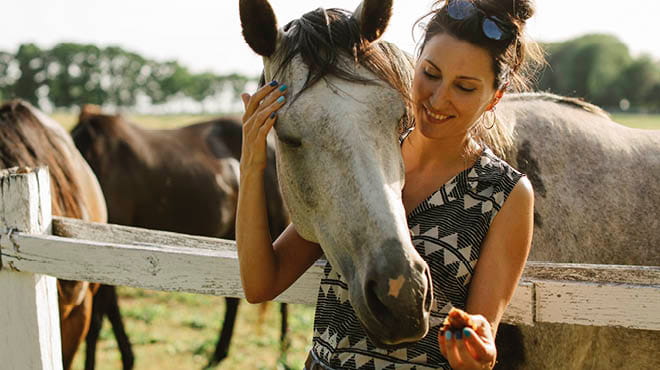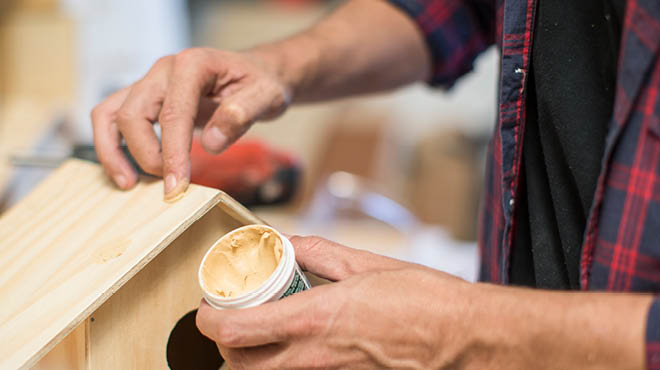Recent Posts
-

-
 Speaking of HealthThe W-Curve Model: Understanding a new college student’s experienceAugust 24, 2023
Speaking of HealthThe W-Curve Model: Understanding a new college student’s experienceAugust 24, 2023 -

Finding joy in every phase of your life

Launching into the adult world, welcoming a child, transitioning to an empty nest or starting retirement — each phase of your life brings a range of emotions. Your initial feelings of excitement often are followed by being overwhelmed with all the unknowns and the demands of everyday life.
You may be questioning your job or career choice, longing for one night when the baby doesn't wake you up, missing your kids, or wondering what you'll do with your time when you have nothing but time. This is reality. So where's the joy in that?
Is it joy, or is it happiness?
Joy is there, even during transitional or challenging times, but you have to look for it. First, you need to know what joy isn't and what it is.
Joy isn't happiness. Happiness is a reaction to things happening around you, like having a fun outing with a friend. When you're struggling, it's harder to be happy, but you can still have joy.
Joy is a state of mind. While happiness and joy can be entwined with each other, joy is more profound and longer lasting. Joy can be big, like meeting your soulmate or holding your baby for the first time, or it can be the small things that soothe your spirit. You need to be open to experiencing joy.
For example, after a tough day at work, the last thing you want to do is take your dog for a walk on a gray, drizzly spring evening. But as you walk, you begin to notice little green shoots growing in a neighbor's garden, the mild breeze on your face, a cardinal calling from its perch, your dog snuffling along the path. And maybe, when you look up at the sky, the clouds part and you spot a rainbow.
By noticing, acknowledging and savoring these moments, you're sparking joy. These sparks accumulate in your brain and support your mental health.
How to find and cultivate joy
How you find and cultivate joy is personal — one size does not fit all. To start, reflect on a time when you did feel joy. What were you doing? Who were you with? Evaluating these times of joy can help you home in on what matters to you.
Finding joy is about paying attention to the moment — not looking ahead or ruminating on the past, but experiencing the now.
It's easy to jump to the negatives of your life automatically. That's because the brain is hardwired for survival and safety, and anticipating what can go wrong protects you.
Have you ever noticed that you fret about hitting all the red lights when driving but don't celebrate the green ones? Finding joy is about carving out an opening for the positives.
By cultivating the pathway for positives, you start seeing them everywhere. Here are some techniques you can practice:
- Appreciate seeing joy in others. When someone else experiences joy, it boosts your own.
- Count your blessings more. Pay attention when things in your life go smoothly.
- Do something that will remind you of moments of joy at those times when you don't feel joyful. For example, take photos of joy-filled moments and look through them later.
- Name three things that happened in the past 24 hours that you're grateful for. Gratitude plays into joy.
Open yourself to joy
When you're struggling, it's hard to be open to positive experiences. It takes practice, but if you feel yourself going down the rabbit hole of negative thoughts and feelings, take a deep breath, pull yourself back and allow joy in.
Explore these other resources for supporting a positive, joyful outlook:
- Practice the art of kindness.
- Use mindfulness to improve well-being.
- Find your sense of purpose.
- Discover calm in the chaos.
- Ease loneliness through connection.
Rosean Bishop, Ph.D., is a psychologist in Psychiatry & Psychology in Mankato, Minnesota.



